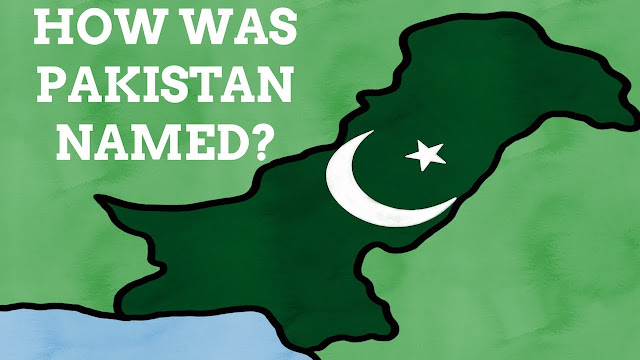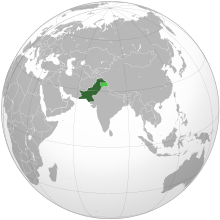How and who suggested the name of Pakistan
The name Pakistan literally means "land of the pure" in Urdu and Persian. It alludes to the word پاک (pāk) meaning "pure" in Persian and Pashto.[45] The suffix ـستان (-stān) is a Persian suffix meaning the place of, and also recalls the synonymous (and cognate) Sanskrit word स्थान (sthāna).[46]
The name of the country was coined in 1933 as Pakstan by Choudhry Rahmat Ali, a Pakistan Movement activist, who published it in his pamphlet Now or Never,[47] using it as an acronym ("thirty million Muslim brethren who live in PAKSTAN") referring to the names of the five northern regions of British India: Punjab, Afghania, Kashmir, Sindh, and Baluchistan.[48][49][50] The letter i was incorporated to ease pronunciation.[51]




